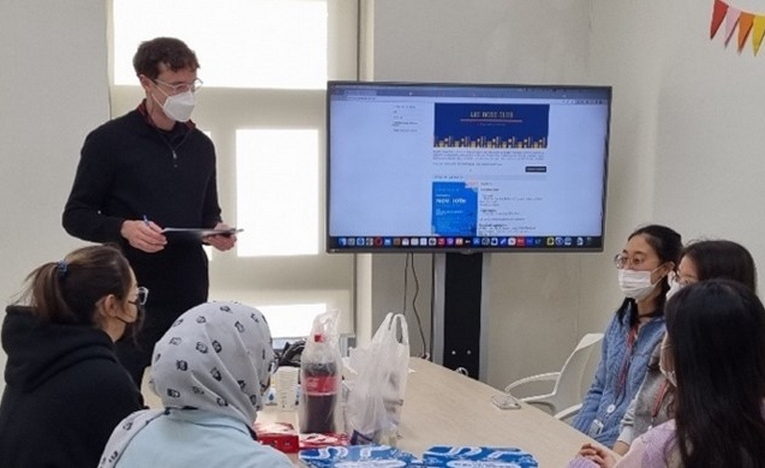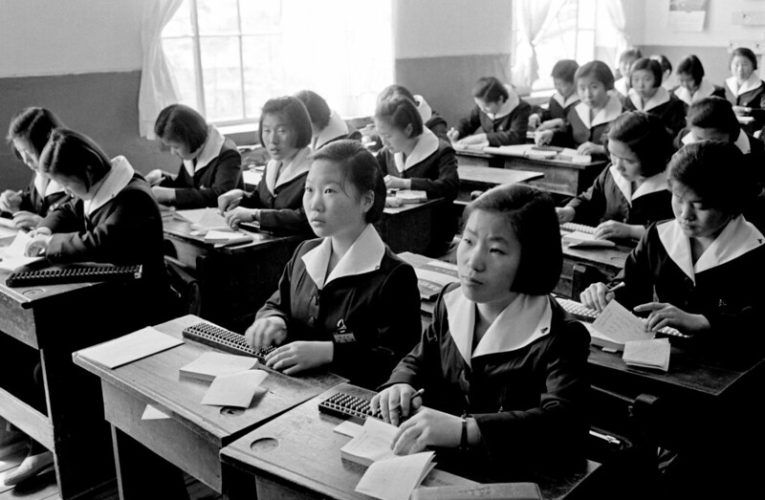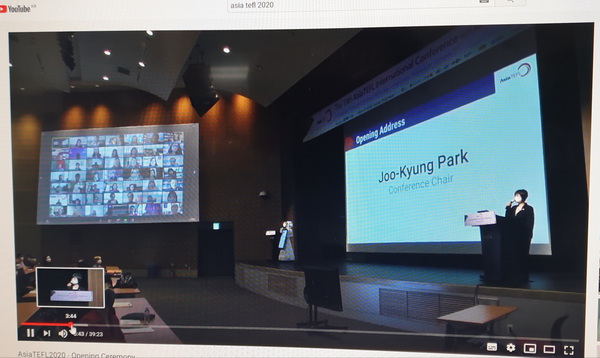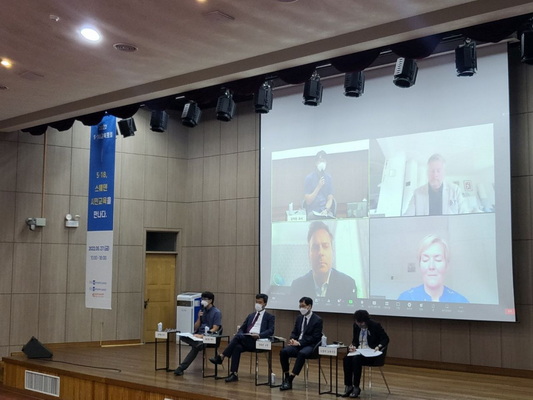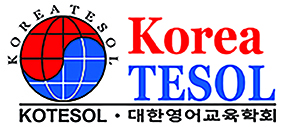Montessori Education I: What Is the Most Important Education Factor for Children?
In the Montessori philosophy of education, the concept of a “prepared environment” is emphasized to encourage these children’s physical and mental independence. “Prepared environment” refers to the overall factors provided so that children can engage in activities to satisfy their desire for exploration and learning on their own.








